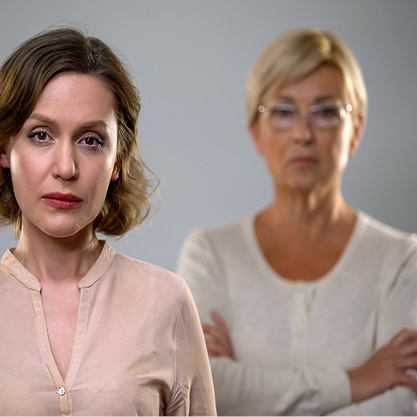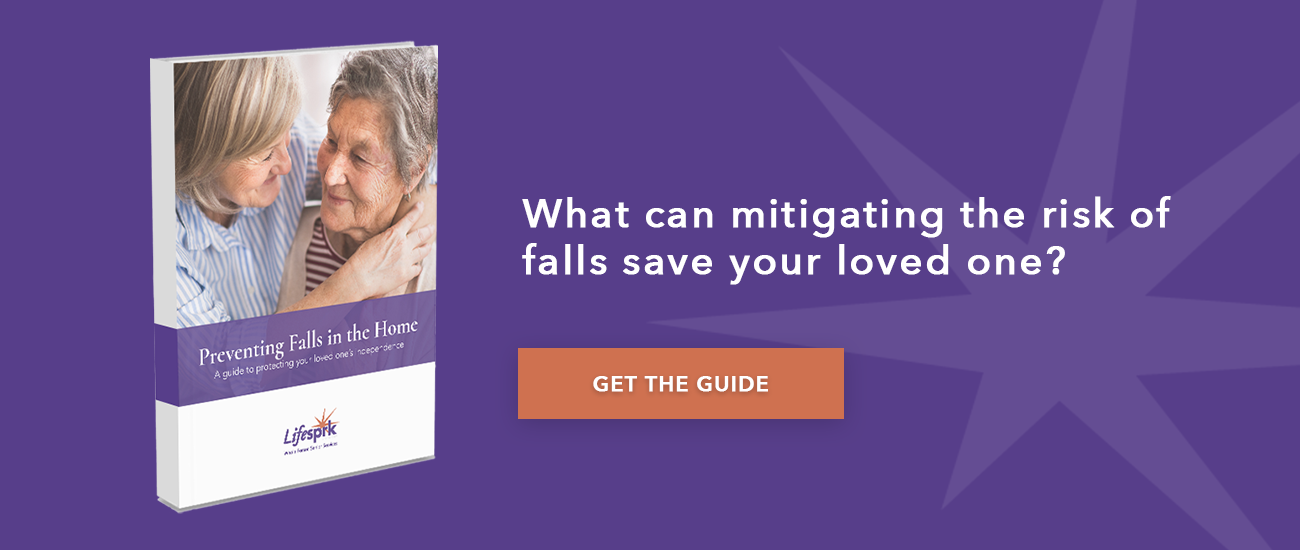
A couple of months ago, my mom tripped on an uneven chunk of sidewalk, fracturing her patella, bruising her hands, and lacerating the skin above her left eyebrow. The ER doctors put her in a hip-to-ankle brace to immobilize her leg and stitched up her forehead. Considering her age (just shy of 90), my mom’s injuries could have been so much worse; still, she wasn’t happy about wearing the brace 24/7 for the next three weeks (“How am I going to bend my leg?!”) or about needing help with showers (“Maybe I’ll just smell bad.”), but she got through it.
No upside to falling down
Falls are hard on the body at any age, but they’re much harder on older adults whose bodies don’t always fully recover. According to the Centers for Disease Control and Prevention (CDC), falls are the leading cause of fatal and nonfatal injuries among older adults. Given that one in four Americans ages 65 and older will fall this year, there’s a lot at stake to help seniors stay upright, healthy, and strong.
The CDC lists the following as risk factors for falls:
- Difficulties with walking and balance
- Lower body weakness
- Vitamin D deficiency
- Medications that can affect balance
- Vision problems
- Unstable footwear
- Foot pain
- Tripping hazards
Scanning this list, my mom definitely qualifies: her vision is limited to one eye, she wears slide-on sneakers, even in winter, and her apartment is an obstacle course. Not surprisingly, this recent fall wasn’t her first and it probably won’t be her last, and one day, she might not bounce back so quickly. Still, I don’t ever want her to stop taking walks, not just because I’m not the boss of her, but because being outside brings her joy and walking makes her feel independent.
Addressing the risks without parenting your parent
As adult children, we walk a fine line between keeping our older loved ones safe and micromanaging their lives. If your aging parent responds to recommendations from an outside professional—primary care physician, ophthalmologist, physical therapist, registered nurse—you might want to take advantage of their position of authority and powers of persuasion!
- Consult with their doctor: Ask for a thorough medication review of their prescription and over-the-counter drugs to make sure none of the side effects include lightheadedness. Get an evaluation of their fall risk with recommendations on how to help them stay upright and independent.
- Get a referral for physical therapy: PT exercises can help strengthen their legs and improve their balance. Also, with health clubs and community centers reopening, there’s the option of taking classes, like yoga, Tai Chi, and swimming.
- Schedule an eye exam: An ophthalmologist can diagnose conditions, such as glaucoma and cataracts, and offer treatment recommendations or prescribe stronger eyeglasses.
- Ask for an in-home assessment: If your parents’ home is chock-full of furniture, throw rugs, and other tripping hazards, consider bringing in a Lifespark expert, often a registered nurse to coach them on how they can remove obstacles (both literal and figurative) to staying independent for as long as possible.
Tool to help you and your parent
Lifespark has created a tool called Preventing Falls in the Home: A guide to protecting your loved one’s independence to simplify the process of reducing fall risk. The guide provides information on commonly prescribed drugs that can interfere with balance, ways to minimize tripping and falling hazards in the home, and suggestions for improving balance and gait. We hope you find it useful!



